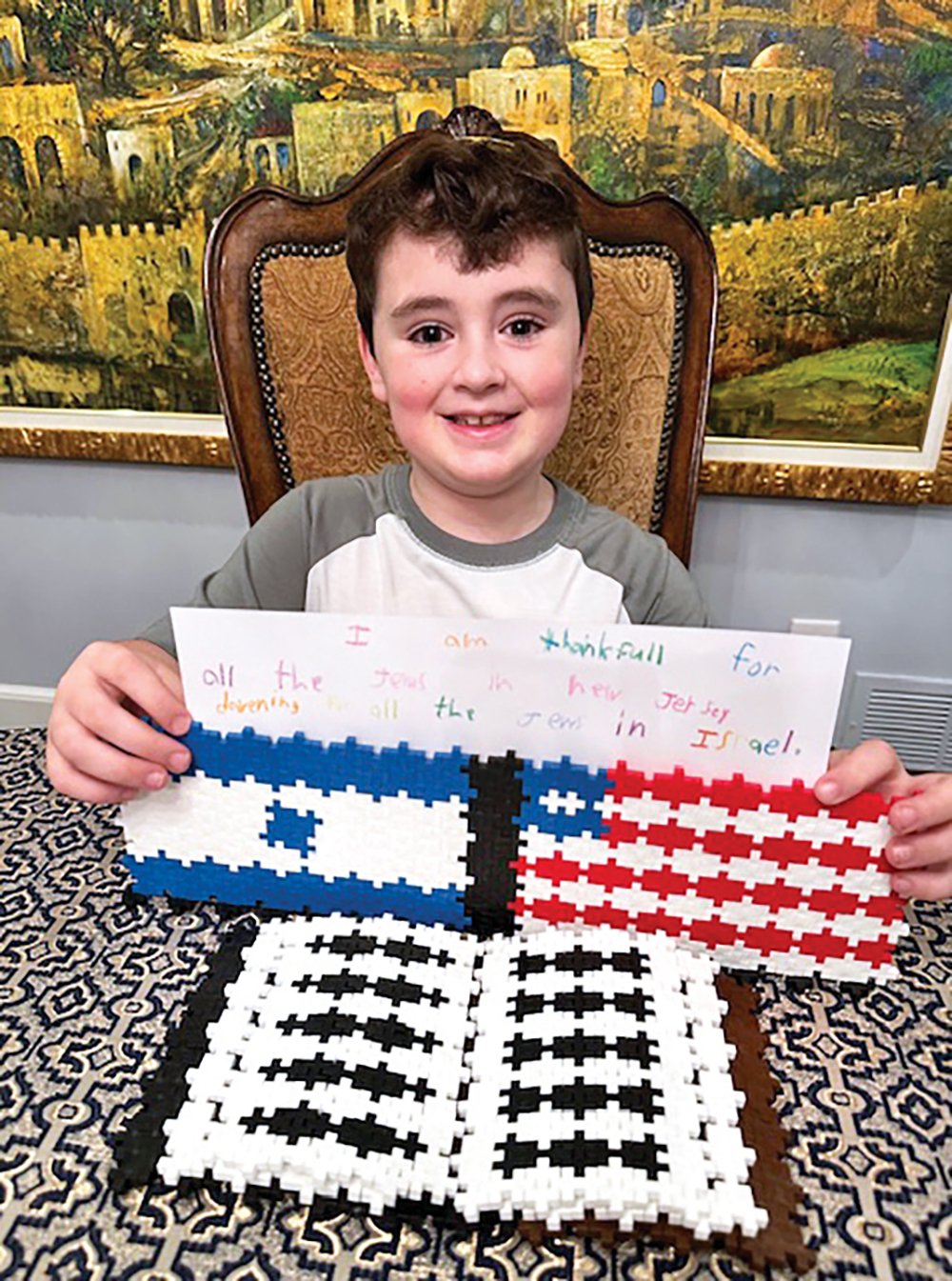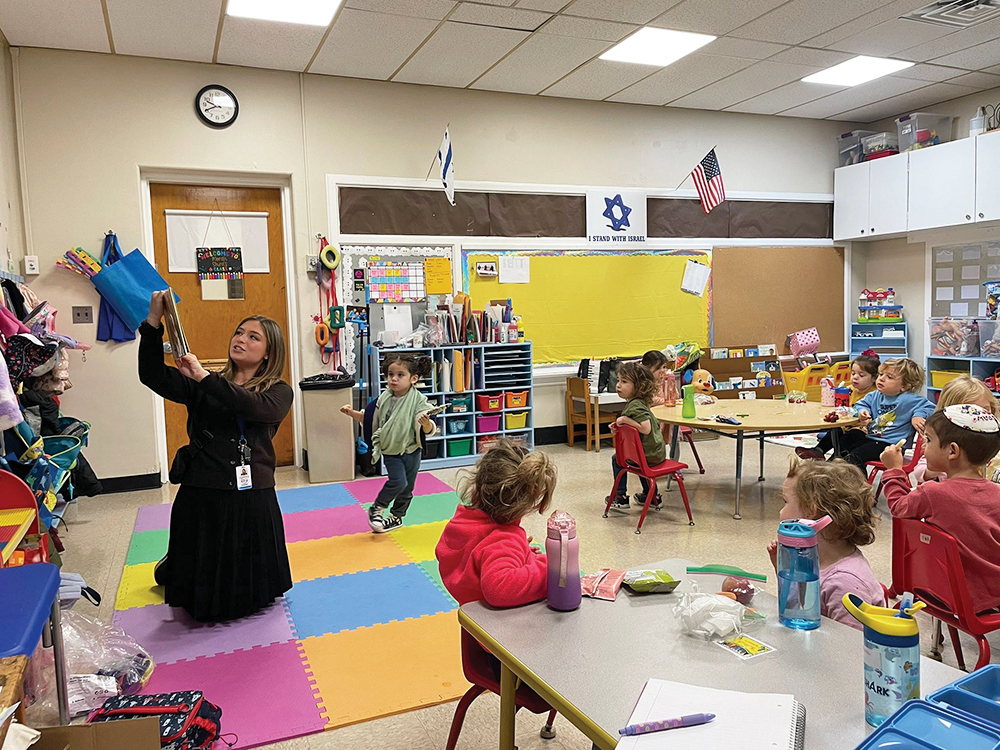
When I established My Israel Home over a decade ago, I thought that my company would focus exclusively on selling existing homes and not new projects under construction. The thinking was simple: There is less guesswork when buying an existing property and there is usually a much shorter waiting period to gain possession of the home. However, the Israeli population is thankfully growing and there is simply not enough existing housing to satiate tremendous buyer demand. Consequently, over the years, we have sold hundreds of homes “on paper”—also known as “off plan”—in new projects under construction, and these sales now account for about half of our sales brokerage activity.
Buying on paper presents purchasers the opportunity to (1) design the unit to their particular needs and tastes, (2) receive amenities not found in older buildings, such as parking, elevators and storage rooms, (3) acquire an earthquake-resistant home (older homes were built to lower construction standards), (4) get up to a seven-year warranty, and (5) often purchase at a significant discount.
Years ago, the concept of buying on paper was fraught with challenges, as some developers did not adhere to contractual obligations and buyers in those projects would wait an inordinate period of time to receive their homes. The straw that broke the camel’s back was the 2007 bankruptcy of Heftzibah Construction Company. One of the nation’s largest developers, Heftzibah had been involved in some unlawful business activities, and its collapse tragically left many families financially devastated. In response to this incident, the government instituted a number of reforms to protect buyers. We will focus on one particular issue, bank guarantees, which had been in place prior to Heftzibah but were more stringently monitored after that debacle.
If a developer wants to sell apartments under construction, the general law is that they cannot sell any unit until the project is completed and registered in the land registry (known as “TABU”)—unless the buyer’s money is protected. There are three ways in which the builder can protect the purchaser’s funds, but for this article, we will focus on the bank guarantee, which is the most prevalent option.
The developer pays a financial institution to give buyers a bank guarantee, which protects every shekel that buyers pay for their apartment (with the exception of the VAT portion of the price, which is secured by the government). Generally, if the developer becomes insolvent, then the buyer can exercise the guarantee and receive his/her money back—including any construction index linkage payments made by the buyer.
The system works: In a recent situation where the builder declared bankruptcy, the bank hired another builder to complete the project at the same technical specifications that were attached to the contract, and the bank covered all additional costs that were required to complete the project.
Obviously, the bank does not want the builder to become insolvent, and therefore employs several practices to safeguard the project’s financial health: (1) The developer cannot sign a contract of sale unless the bank approves the purchase price. (2) All of the buyer’s payments are deposited directly to a bank account controlled by the bank giving the guarantee—no money may ever be given directly to the builder—and the bank pays the builder only after the builder has submitted bills and the bank’s engineer has confirmed that the work was properly completed. (3) The developer is unable to receive profits until the project is completed. (4) The financial institution retains a portion of the funds for the duration of the seven-year warranty period to cover any warranty-related problems, should the developer fail to properly remedy the issue.
The silver lining to the unfortunate Heftzibah collapse is that due to subsequently implemented legislation, buyers have greater protection than ever. If one chooses a project and developer wisely, buying on paper can be an excellent home-purchasing opportunity.
Gedaliah Borvick is the founder of My Israel Home ( www.myisraelhome.com ), a real estate agency focused on helping people from abroad buy and sell homes in Israel. To sign up for his monthly market updates, contact him at [email protected].













